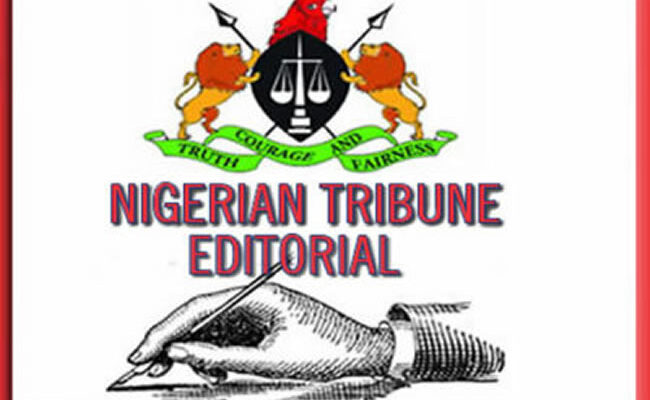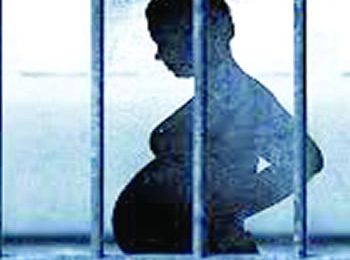THE recent polls in Ghana obviously got some high marks from the Commonwealth Observer Group (COG). The group commended the government, the civil society, stakeholders and people of Ghana for their orderly conduct during the general election. The COG also praised Vice President Mahamadu Bawumai, candidate of the ruling New Patriotic Party (NPP), for the exemplary statesmanship displayed in his early concession speech. The COG led by former President of Botswana, Dr. Moksweesi Masisi, issued its preliminary assessment at a press conference in Accra. According to Masisi, Vice President Bamuwai’s move was essential to de-escalating political tension in the country. He said, “I speak from personal experience when I say it is a significant gesture.”
Commenting on the participation of citizens in the electoral process, the COG said: “We observed that persons with Disabilities (PWDs) and the elderly were given priority and that visually impaired voters were provided tactile jackets at some polling stations. Polling officials also provided sign language interpretation at some polling stations. This must be commended. However, we noted accessibility challenges at some polling stations with stairs. We also observed that voting booths were too high for some voters using wheelchairs. Adjustable voting booths would have been helpful in this regard. More needs to be done to ensure that PWDs exercise their franchise with dignity, and in accordance with the law.” Deploring the reported cases of violence which led to deaths and injuries, the statement called on the authorities to investigate and bring the perpetrators to justice.
In his own reaction to the election, President Bola Tinubu lauded the peaceful and transparent general elections, recommending them as a model for the rest of West Africa. Speaking at the opening of the 66th Ordinary Session of the ECOWAS Authority of Heads of State and Government in Abuja, Tinubu urged leaders across the region to draw inspiration from Ghana’s democratic maturity and commitment to national unity. He said, “I urge all of us in the region to learn from this good democratic practice and prioritize our country’s national unity to ensure political stability of the region so that this manner of peaceful transition becomes the culture of democracy not only in West Africa but also across the entire African continent.” He highlighted the significant gesture made by Vice President Bawumia, who conceded defeat and congratulated President-elect John Dramani Mahama of the National Democratic Congress (NDC) even before the official announcement of the election results. The president also praised President Akufo-Addo for his exceptional leadership and unwavering commitment to ECOWAS during his two-year tenure.
Expectedly, supporters of the NDC erupted in wild celebrations once it became clear that former President Mahama was returning to power. Certain so-called election experts had predicted a very close race, but Mahama and his party won the election by an unprecedented margin during the first round. In the process, Mahama’s running mate, Jane Naana Opoku-Agyemang, also became the first woman to be elected as vice president of Ghana. In the parliamentary elections, the NDC won 185 out of 276 seats to gain a majority in parliament, while the NPP secured 87 seats, leaving independent candidates with four seats.
The Ghana polls are indeed commendable, even if the reported clashes between NDC supporters and the police following the election stand condemned. Like most, if not all, democracies in Africa, Ghana faces severe economic crisis that has often sparked youth restiveness. While the regular conduct of relatively free, fair and credible elections has gained the country a lot of traction internationally, the same cannot be said of the fulfilment of electoral promises and voter satisfaction. In a way, the election underscores the increasing impatience of the populace, especially the youth, with an underwhelming political leadership. Mahama won re-election essentially promising to undo the NDP’s policies and programmes. Among others, he promised to abolish certain prohibitive and burdensome taxes affecting businesses and households and bolster the Cedi within 100 days in office. He said: “The number one priority will be stabilising the economy and restoring a stable currency by launching an urgent economic recovery and fiscal consolidation plan following a national economic dialogue.”
Mahama also promised to transition all government institutions to a cashless system by 2028 and abolish the NPP’s double-track system in senior high schools. He said he would expand secondary school infrastructure and improve the implementation of the Free Senior High School policy, overhaul the scholarship scheme, reopen investigations into unresolved cases of electoral violence, and ban his immediate family, relatives and politically exposed persons from purchasing state assets. Vowing to lead an accountable government, Mahama said: “We believe that people should take up paying their own electricity and water bills like any other Ghanaian.”
Over the years, there has, of course, never been a shortage of rhetoric; what has been lacking is a real commitment to realistic change in the lives of the people. President-elect Mahama will do well to keep his word. Like their counterparts across the continent, the people of Ghana, particularly young people, are not smiling; they want life-changing interventions in their affairs. It is hoped that the president-elect, together with others down the line, will live up to expectations for once.
READ ALSO: Jonathan-led West African Elders congratulate Mahama, hail Ghanaians for credible polls







